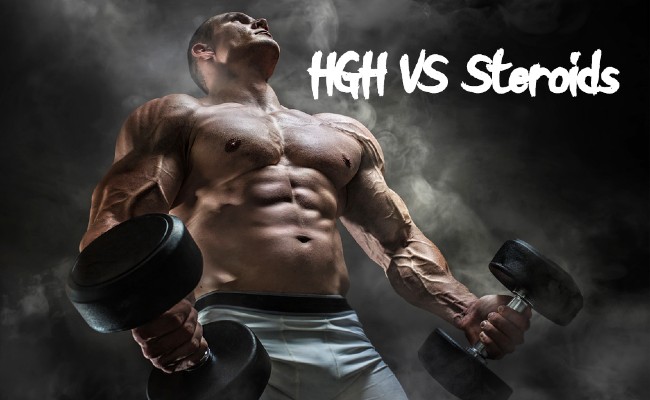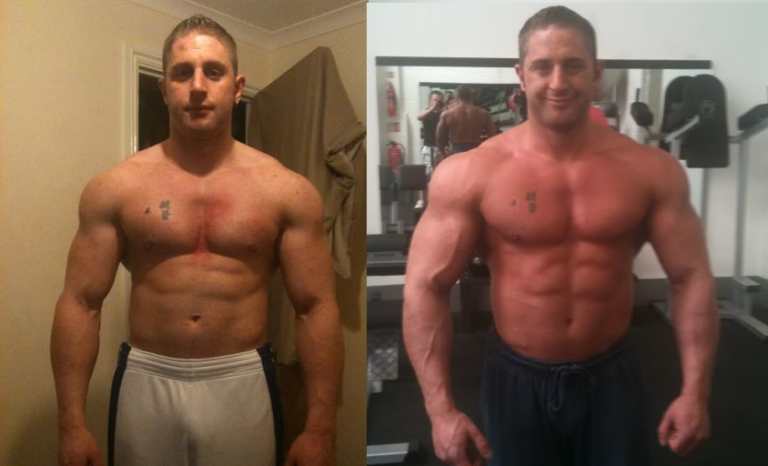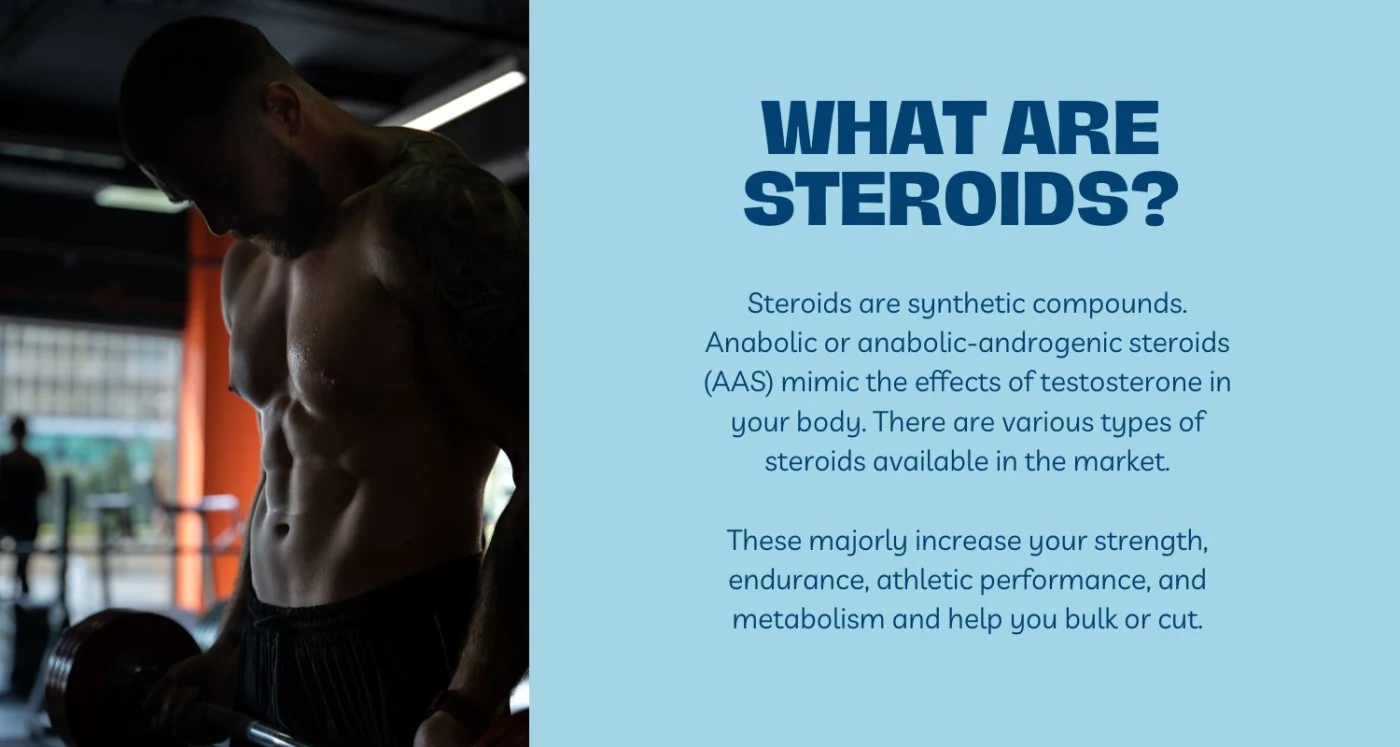Hgh Vs Steroids For Muscle Growth

The pursuit of enhanced muscle growth has fueled a long-standing debate in fitness communities: Are Human Growth Hormone (HGH) and anabolic steroids equally effective, or does one offer a distinct advantage? Both substances are used to increase muscle mass and improve athletic performance, but they differ significantly in their mechanisms of action, potential side effects, and legal status. This article explores the complexities of HGH versus steroids, examining their effects on muscle growth and their respective risks.
Understanding the nuances between these performance-enhancing substances is crucial for athletes, bodybuilders, and anyone considering their use. The decision to use either HGH or steroids should be informed by scientific evidence and a thorough understanding of the potential health consequences. With rigorous studies and growing public awareness, it is possible to see both substances being re-evaluated and better regulated.
What are Steroids?
Anabolic steroids are synthetic versions of the male sex hormone testosterone. These substances promote muscle growth by increasing protein synthesis within cells. They also reduce recovery time after exercise, allowing athletes to train more frequently and intensely.
Common examples of anabolic steroids include testosterone, nandrolone, and stanozolol. These drugs are typically administered through injections, oral pills, or topical creams.
How Steroids Work
Steroids bind to androgen receptors in muscle cells. This binding triggers a cascade of intracellular events that increase protein synthesis, leading to muscle hypertrophy. Steroids also reduce the levels of cortisol, a hormone that breaks down muscle tissue.
Moreover, steroids can increase red blood cell production, which improves oxygen delivery to muscles. This enhanced oxygen supply contributes to improved endurance and performance.
What is HGH?
Human Growth Hormone (HGH) is a naturally occurring hormone produced by the pituitary gland. It plays a vital role in growth, cell reproduction, and regeneration. Synthetic HGH is available through prescription and is sometimes used off-label for muscle growth and anti-aging purposes.
HGH stimulates the liver to produce insulin-like growth factor 1 (IGF-1), which is primarily responsible for muscle growth. It also promotes fat loss and increases bone density.
How HGH Works
HGH acts indirectly on muscle cells by stimulating the release of IGF-1. IGF-1 binds to receptors on muscle cells, promoting protein synthesis and muscle growth. HGH also enhances lipolysis, the breakdown of fats, resulting in reduced body fat percentage.
Additionally, HGH can improve collagen synthesis, which strengthens tendons and ligaments. This can reduce the risk of injuries and improve joint health.
Muscle Growth: Steroids vs. HGH
Anabolic steroids are generally considered more effective at promoting muscle growth than HGH. Steroids directly increase protein synthesis and reduce muscle breakdown, leading to rapid gains in muscle mass and strength. HGH, while it does promote muscle growth, does so indirectly and typically results in slower and less pronounced gains.
Studies have shown that steroid use can lead to significant increases in muscle size and strength within a matter of weeks. HGH, on the other hand, often requires months of use to produce noticeable effects.
Side Effects and Health Risks
Both anabolic steroids and HGH carry potential side effects and health risks. Steroids are associated with a range of adverse effects, including cardiovascular problems, liver damage, and hormonal imbalances. Men may experience gynecomastia (breast enlargement) and testicular atrophy, while women may develop masculinizing effects such as a deepened voice and increased body hair.
HGH is associated with its own set of side effects, including joint pain, carpal tunnel syndrome, and insulin resistance. Long-term use of HGH may also increase the risk of diabetes and certain types of cancer.
Legal Status
The legal status of steroids and HGH varies depending on the country and jurisdiction. Anabolic steroids are classified as controlled substances in many countries, including the United States. They require a prescription for legal use and are often banned in competitive sports.
HGH also typically requires a prescription for legal use. However, it is sometimes obtained through illegitimate sources for off-label purposes, such as anti-aging or muscle growth. Purchasing HGH without a prescription is illegal in many jurisdictions.
Conclusion
While both anabolic steroids and HGH can promote muscle growth, they differ in their mechanisms of action, effectiveness, and potential side effects. Steroids are generally considered more potent muscle builders but carry significant health risks. HGH offers a more moderate approach to muscle growth but is not without its own set of adverse effects.
The decision to use either steroids or HGH should be approached with caution and under the guidance of a healthcare professional. A thorough understanding of the risks and benefits is essential for making an informed choice. Ultimately, natural methods of building muscle, such as proper diet and exercise, remain the safest and most sustainable approach for achieving long-term results.


















